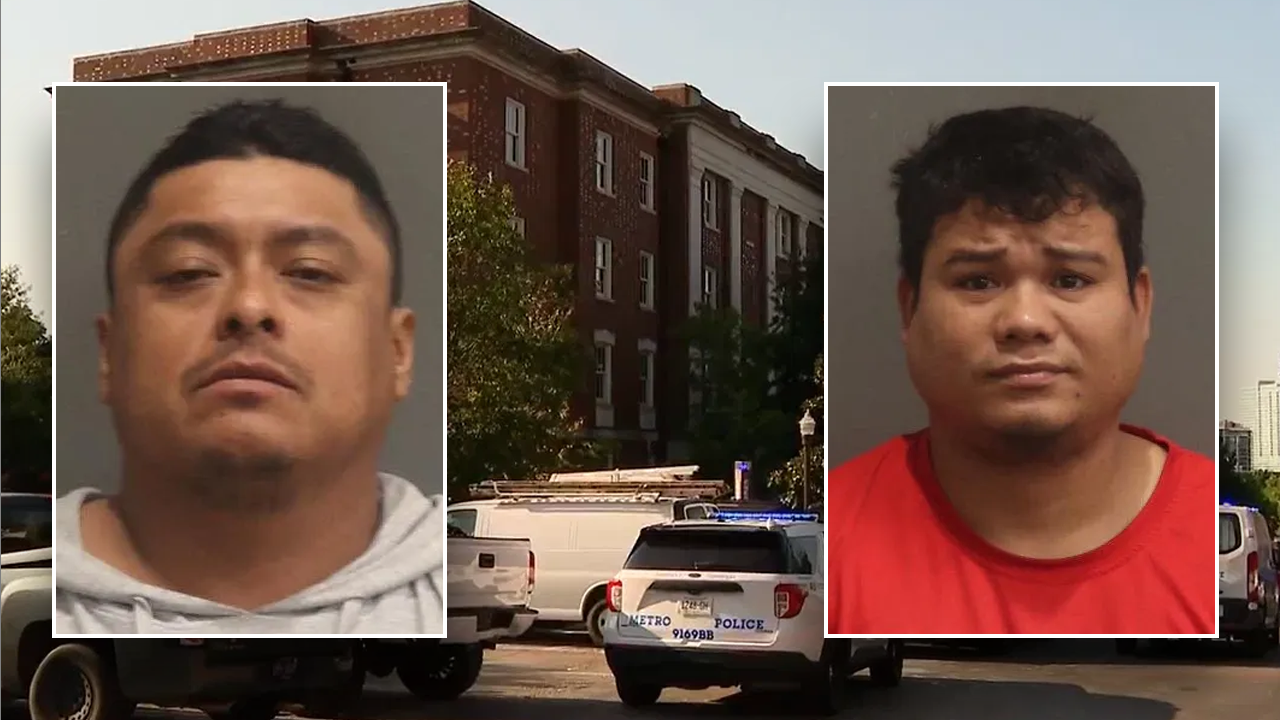Israeli officials said today that they had reduced the number of hostages they were asking Hamas to free in exchange for a temporary cease-fire in the war in Gaza. The new stance raised expectations that the two sides might be edging closer to agreeing on their first truce in five months. A new round of cease-fire negotiations could begin as soon as tomorrow.
For months, cease-fire talks have been at a standstill as Israel had demanded that Hamas release at least 40 hostages. Now Israeli officials say they are prepared to settle for only 33, in part because they believe that some of the 40 have died in captivity.
Israel’s new offer included a 40-day cease-fire and the release of potentially thousands of Palestinian prisoners, according to Britain’s foreign minister. Antony Blinken, the U.S. secretary of state, called it “extraordinarily generous” and said that Hamas alone stood in the way of a deal.
A mid-ranking delegation from Israel is planning to fly to Cairo tomorrow to resume talks if Hamas agrees to attend. Egypt’s foreign minister said he was “hopeful” that the two sides could reach a deal.
But Patrick Kingsley, our Jerusalem bureau chief, warned that “there are still many stumbling blocks” that could drag out negotiations for several more weeks.
“Hamas wants a truce that gives it a chance of surviving the war as a military force, whereas Israel wants a deal that would allow its army the chance to eventually resume fighting and rout Hamas,” Patrick said.
Russian forces advance in Ukraine before U.S. aid arrives
Russian troops have captured or entered around a half-dozen villages on Ukraine’s eastern front over the past week. That effort reflects Moscow’s desire to take advantage of its window of opportunity before the first batch of new American military aid arrives in Ukraine, where Kyiv’s forces are still outgunned and outnumbered.
“The situation at the front has worsened,” Ukraine’s top commander said. The U.S. promised that it would rush the first $1 billion of its new aid package, including much-needed air defense missiles. But it remains uncertain whether the supplies will reach the battlefield quick enough to stop Russia’s advance.
What’s next: Military experts said that Russia is preparing to launch a new large-scale offensive in late May or early June.
Univ. of Texas quickly cracked down on an encampment
Campus police officers from the University of Texas at Austin and state troopers in riot gear this afternoon arrested at least 40 pro-Palestinian protesters who had erected a small encampment on a central mall of the state’s flagship university. The authorities had issued an order for the protesters to leave almost as soon as tents were set up.
The swift crackdown stood in contrast to the situation at Columbia University, where protesters who have occupied a campus lawn for nearly two weeks were told to clear out by 2 p.m. or face suspension. So far, the students have not dispersed.
R.F.K. spends millions fighting Democrats on ballot access
Robert F. Kennedy Jr.’s independent presidential campaign has become increasingly reliant on consultants and paid petitioners as it seeks ballot access in all 50 states. Its tactics have raised questions of impropriety, even among Kennedy’s fans, but Kennedy’s campaign said it now has enough signatures to submit petitions in six states, including the battlegrounds of Nevada and North Carolina.
If his ballot campaign is successful, Kennedy could draw votes away from both President Biden and Donald Trump. But the Democrats are more openly concerned, and they have hired a team to temper his influence.
Are you a ‘super-ager’?
Scientists have been studying a subset of people they call “super-agers”: They are 80 or older but have the memory of a person 20 to 30 years younger. A new paper helped explain what’s so special about them.
Their brains have less atrophy than those of their peers. But they have no major differences in terms of diet, sleep, professional background or alcohol and tobacco use. Instead, an expert said, it might be “some sort of lucky predisposition.”
For younger folks: A new study suggests that physical fitness can improve mental health.
The essential Joan Didion
Joan Didion may be best known as the California writer who chronicled midcentury cultural decay. But her body of work is much wider and deeper: Hollywood and Washington, grief and hypocrisy, Terri Schiavo and Martha Stewart. Her distinctive prose and sharp eye were always tuned to an outsider’s frequency.
For those of you who haven’t read Didion or are interested in revisiting her work, my colleague Alissa Wilkinson — whose book about Didion will be published next year — has a guide for where to start.
A 500-mile trip for a puss (and boots)
Carrie Clark thought it was a prank when she received a call this month from a veterinarian in California. The vet said that Galena, Clark’s 6-year-old cat who had disappeared a week earlier in Utah, had been found some 500 miles away. “I could not believe that it was true,” Clark said.
But it was. Galena had apparently sneaked inside a 3-by-3-foot cardboard Amazon returns package containing five pairs of steel-toed boots. The cat was transported across two states, without food or water, until she arrived at a warehouse, where employees discovered her. Luckily, a seam in the box had come unglued, allowing air in.
Have an adventuresome evening.
Thanks for reading. Daniel E. Slotnik contributed to this newsletter. I’ll be back tomorrow. — Matthew
We welcome your feedback. Write to us at evening@nytimes.com.






